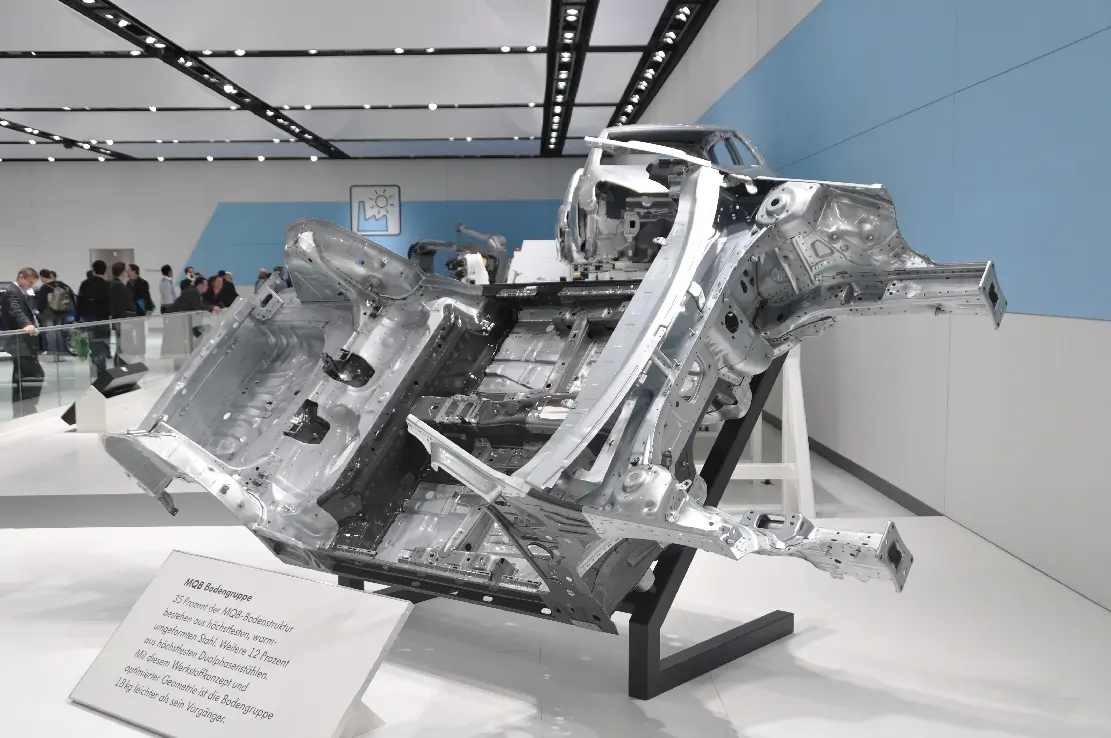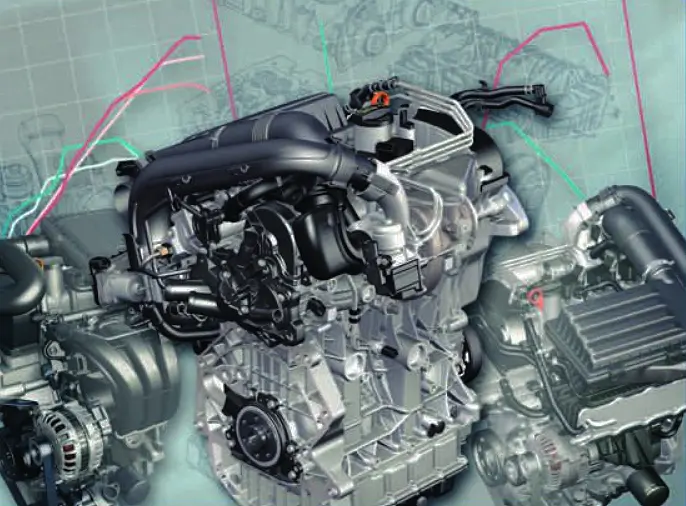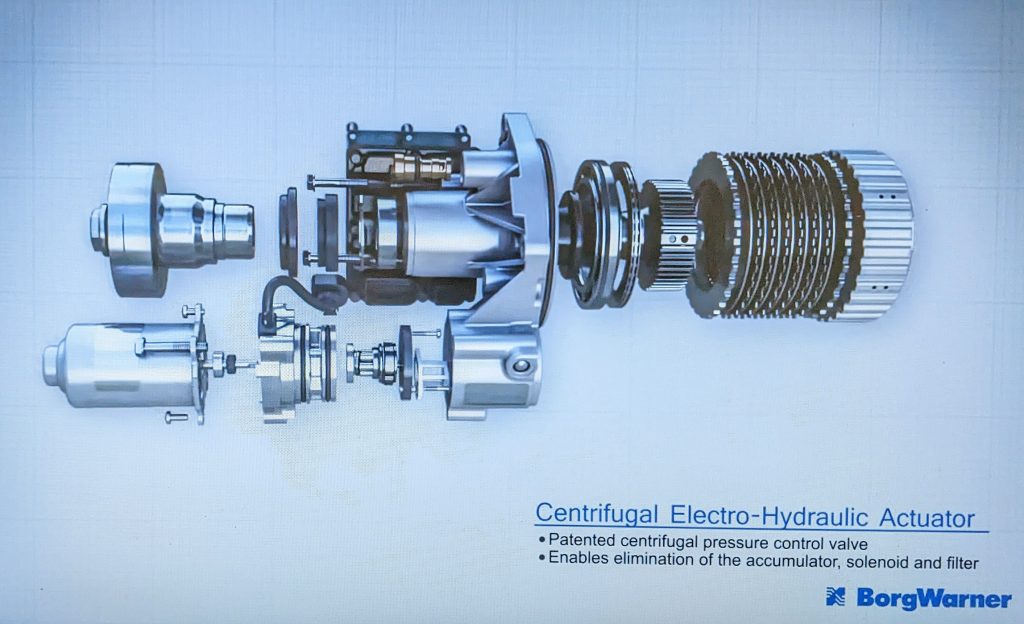Volkswagen, Audi, Seat, and Skoda are all brands that are part of the Volkswagen Group, which is one of the world’s largest automakers. While each brand has its own distinct identity and target market, there are some similarities and differences in the models they offer.
All brands use the same platforms and technology, which allows for cost-efficient production and a high degree of component sharing and offer a wide range of models, including compact cars, sedans, hatchbacks, SUVs, and crossovers, all are known for their reliability, build quality, and attention to detail.
Volkswagen is the flagship brand of the Volkswagen Group, and offers a wide range of models that are known for their practicality and value. Volkswagen are often considered to be the most mainstream and conventional of the four brands.
Audi is the luxury brand of the Volkswagen Group, and offers a range of high-performance and luxury vehicles. Audi models are known for their advanced technology, premium materials, and sleek styling.
Seat is the sport brand of the Volkswagen Group and offers a range of cars that are known for their sporty design and driving dynamics. Seat models are often considered to be more stylish than their Volkswagen counterparts.
Skoda is the value brand of the Volkswagen Group and offers a range of cars that are known for their practicality and value. Skoda models are often considered to be the most affordable of the four brands while still offering a good level of features and build quality.
Overall, while each brand has its own unique identity, they all share the same underlying technology and engineering. This allows customers to choose a car that suits their individual needs and preferences, whether it be a value-oriented Skoda, a sporty Seat, a practical Volkswagen, or a luxury Audi.
The MQB Platform
The MQB (Modularen Querbaukasten) platform is a modular transverse platform used by the Volkswagen Group for the production of compact and midsize cars. The english translation is Modular Transverse Toolkit” or “Modular Transverse Matrix”. MQB was first introduced in 2012 and is used by several brands within the Volkswagen Group including Volkswagen, Audi, Seat, Skoda and others.
The MQB platform allows for a high degree of component sharing between models and brands, which helps to reduce production costs and improve efficiency. It also allows for greater flexibility in the design and engineering of new models, as well as the ability to incorporate new technologies and features more easily.
The platform is used on a wide variety of models across the Volkswagen Group, including:
Volkswagen: The Volkswagen Golf, Polo, Arteon, T-Roc, and T-Cross are all built on the MQB platform.
Audi: The Audi A3, A4, A5, A6, A7, A8, e-tron, and Q2 are all built on the MQB platform.
Seat: The Seat Leon, Ateca, and Tarraco are all built on the MQB platform.
Skoda: The Skoda Octavia, Superb, Karoq, and Kodiaq are all built on the MQB platform.
Additionally, the MQB platform is also used on several other models from brands like Bentley, Bugatti, Lamborghini, Porsche and others.
The MQB platform is a key component of the Volkswagen Group’s strategy to improve efficiency and reduce costs, while at the same time allowing for greater flexibility in the design and engineering of new models. By using the MQB platform, the Volkswagen Group is able to offer a wide range of models across multiple brands that are all built on the same underlying technology, which allows for cost-efficient production and a high degree of component sharing.





